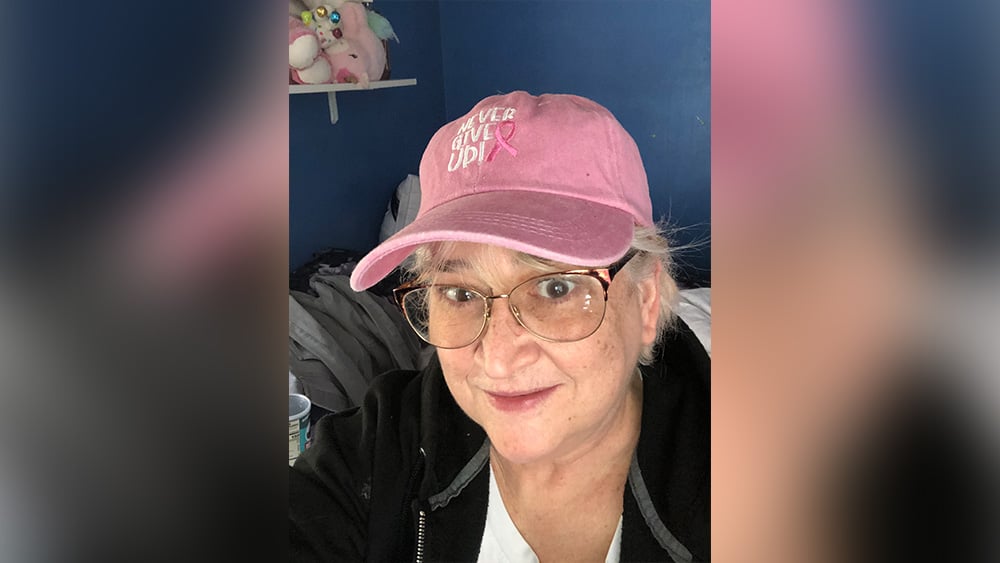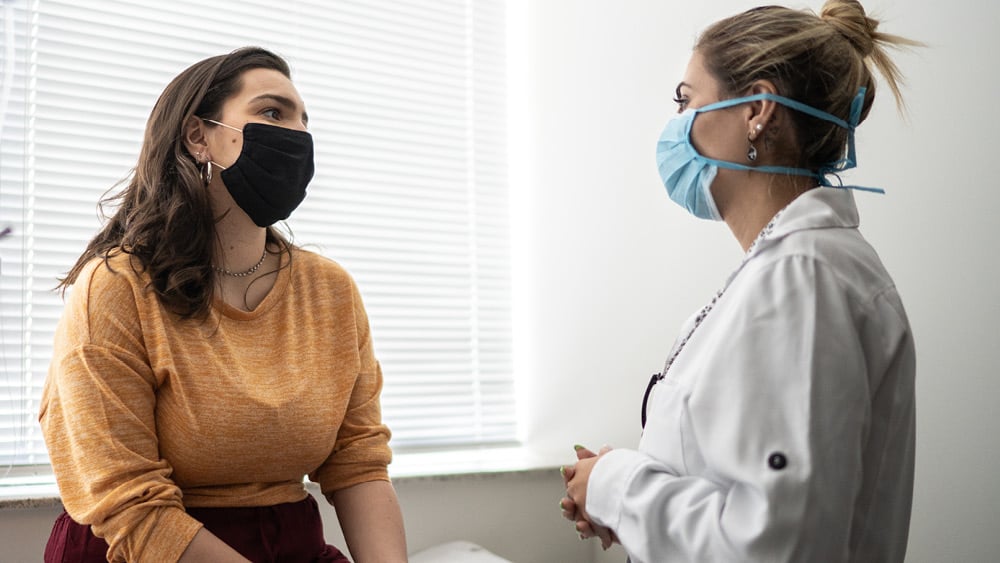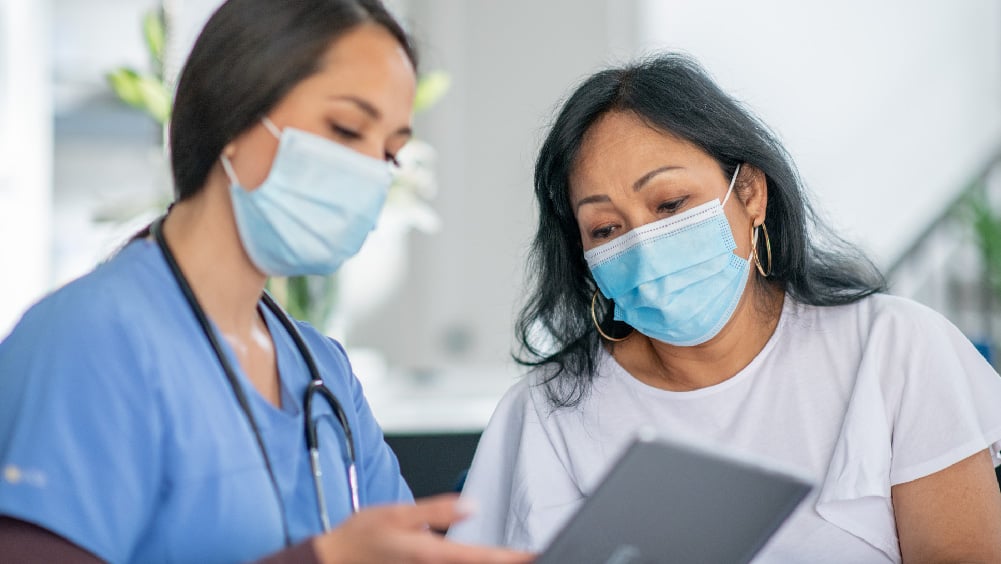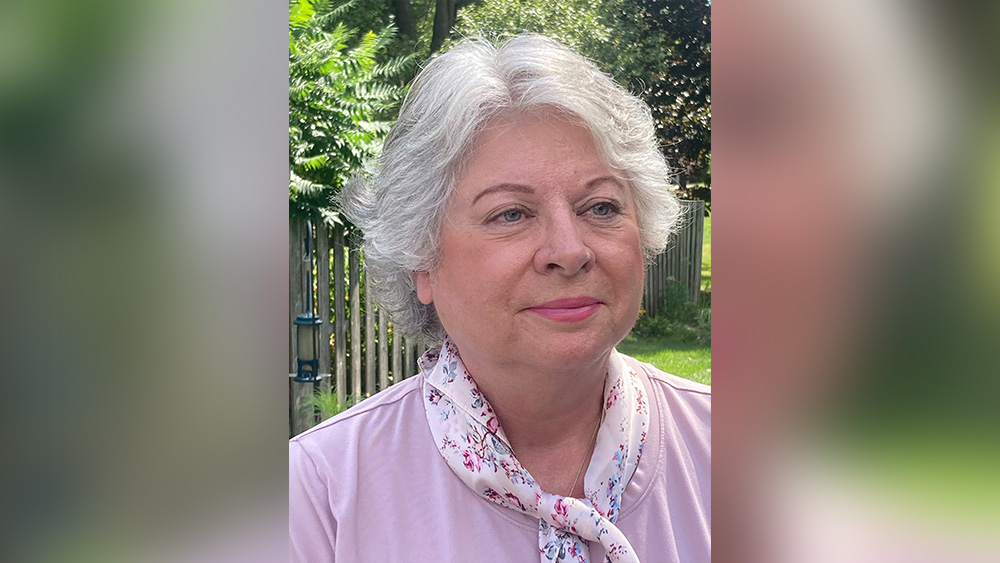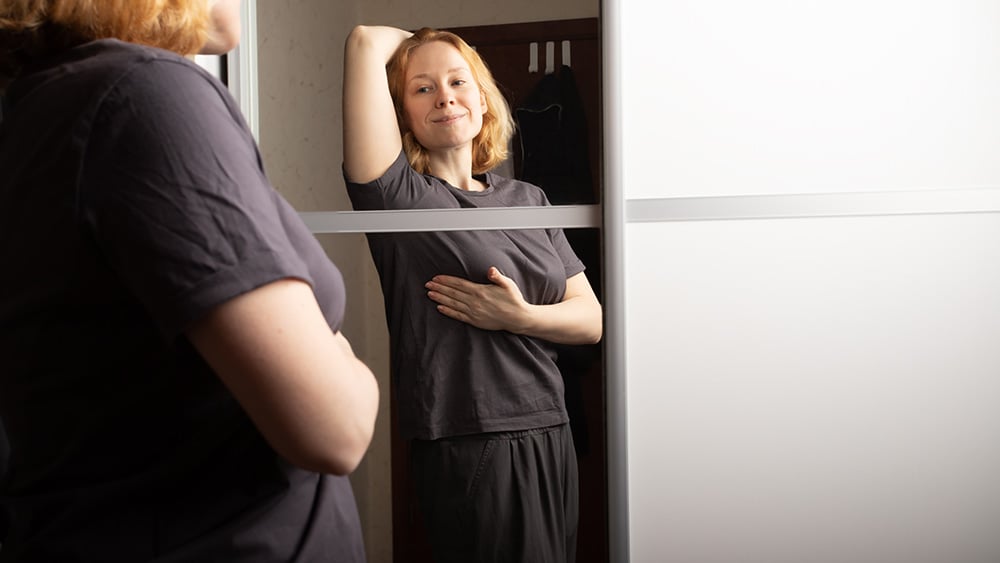Your Breast Care Starts
With You
Your health matters, and early detection of breast cancer can make all the difference. Our comprehensive breast cancer screening services are designed to identify potential issues before symptoms appear, giving you the best chance for successful treatment. Whether it’s your first time or a routine check-up, we’re here to help you stay proactive with routine breast cancer screenings.
Take our online breast cancer screening assessment to find out.
Our Approach to Breast Cancer Screening
We believe in combining compassionate care with leading-edge technology to provide the best breast cancer screening experience. From routine mammograms to advanced genetic testing, our team of specialists is dedicated to ensuring that every patient receives the highest standard of care. Our goal is to detect issues early and give you the information and support you need to make informed decisions every step of the way.
3D Mammography
3D mammography is the most comprehensive breast screening and diagnostic tool available.
Learn More about 3D Mammography
Breast Magnetic Resonance Imaging (MRI)
Used in addition (not as a replacement) to a mammogram, a breast MRI allows us to get a closer look at the breast.
Breast Ultrasound
Used in addition to a mammogram, ABUS is an innovative breast cancer screening exam for women with dense breast tissue.
Genetic Testing & Counseling
Our cancer genetic screening services use advanced technology to help find inherited factors that might raise your chances of getting certain cancers.
High-Risk Screening
If you have a higher risk of breast cancer due to family history, genetics, or other factors, our High-Risk Screening Clinic can help give you peace of mind.
Mobile Mammography
Our Mobile Mammography Center travels across the Greater Rochester and Finger Lakes region, offering convenient access to 3D mammograms.

